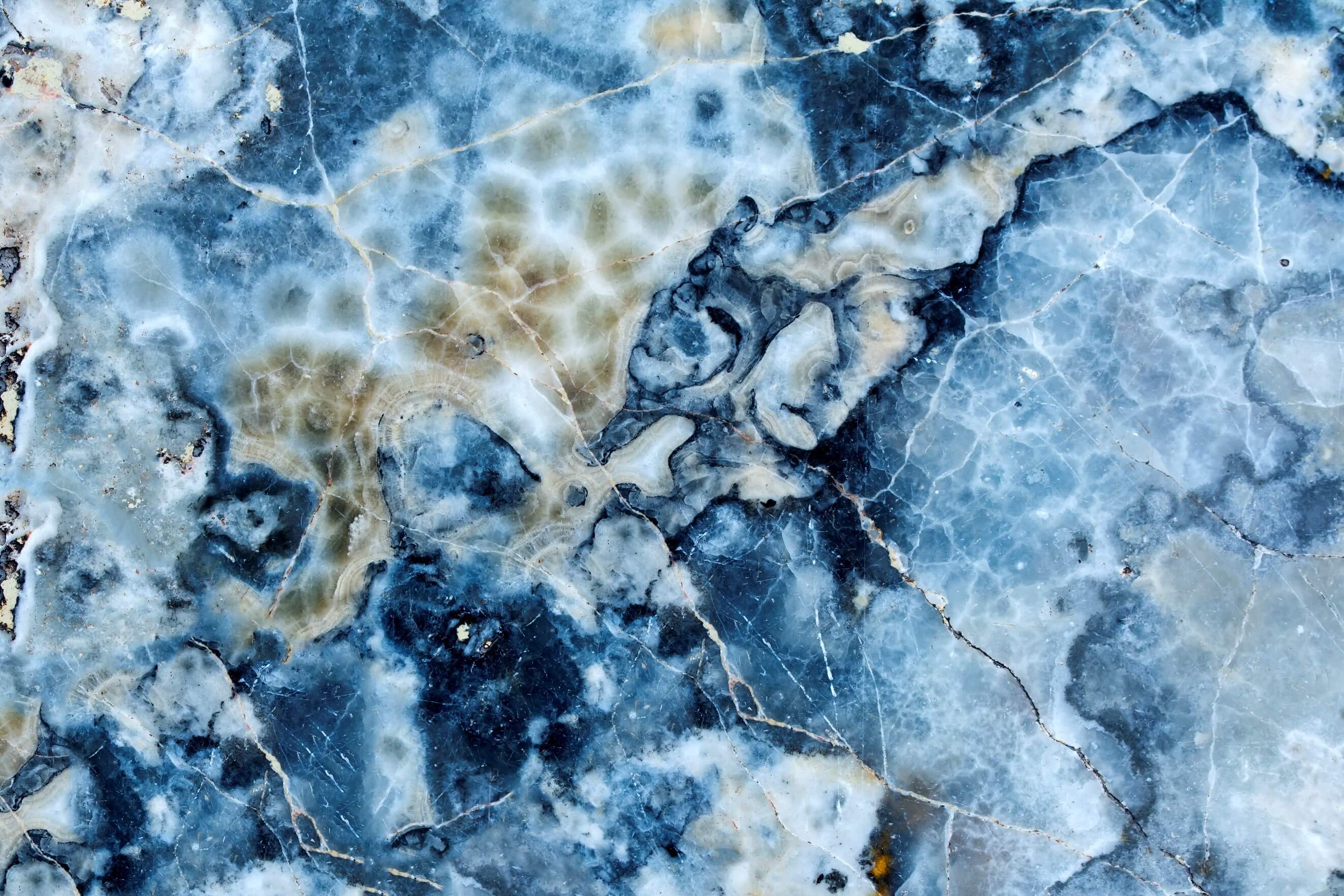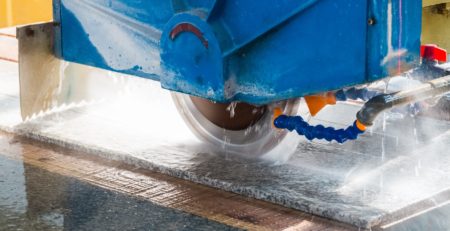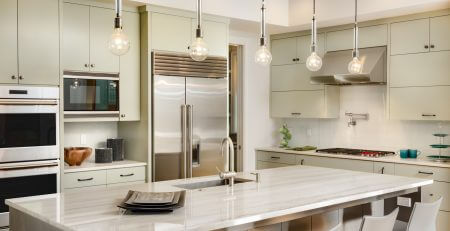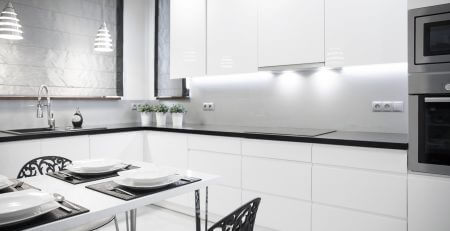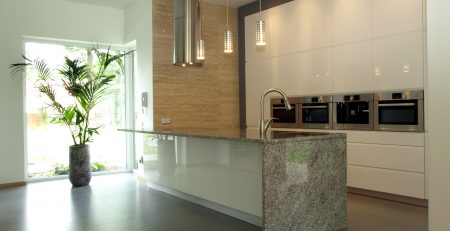How to Remove Hard Water Stains from Marble
We’re willing to hazard a guess at why you chose a marble worktop. For one reason, it’s a beautiful stone. It’s classic and interesting and natural. And furthermore, it’s solid and hard-wearing and durable. But what do you do when hard water limescale sets in? In some areas, the hardness of the water supply means that you will need to have a plan for how to remove hard water stains from marble.
Marble Qualities
Although it is true that marble is a durable natural stone, it is less hard wearing than other types of stone surface, such as granite or quartz. So you need to take extra care when dealing with hard water stains. By taking care, you will prevent damage to the stone you are trying to clean. Depending on the colour and finish of your marble, hard water stains may be more or less visible.
Cleaning Routine
The best way, of course, to manage hard water stains on a marble surface is to prevent them from building up in the first place. This is easier said than done when life gets in the way! A hectic family kitchen can quickly experience a build up of hard water deposits that mark a marble surface. If possible, though, ensure that water is wiped and absorbed from the surface at the first opportunity.
Tackling Build Up
For a particularly bad build-up of hard water stains, you can try scrubbing the stains with 0000 steel wool. This is an extremely fine material which means that your surface should not be permanently scuffed. After delicate scouring, you will need to thoroughly clean and polish the area. This will ensure that you retain the signature glossy shine to your worktop.
Choosing a Cleaning Solution
High-gloss finishes in any stone can be dulled by acidic or strong cleaning solutions, as they create micro-abrasions on the surface. So although you may not be able to feel or see any damage, a dull patch can appear. Different varieties of stone require different cleaners. So when you invest in a specialist cleaning solution, make sure that it is designed to suit marble. This will ensure that the product works to remove hard water stains from marble specifically.
The Importance of Drying
It is the extended contact of water with a marble surface that causes the build up of hard water deposits and limescale. Even while you are taking measures in how to remove hard water stains from marble, it is prudent to make preventative steps too. Regularly wash, dry and polish the whole surface to ensure a flawless sheen to your worktop.
Home Remedies
Many home-made cleaners include white vinegar as an ingredient. However, vinegar is generally best avoided on marble surfaces as it is acidic. As an alternative, baking soda is safe to use for short exposure times. Rub the baking soda into the hard water stain, rinsing straight away, and then dry.
Protection
Especially around a draining area, you may want to consider protecting your marble work surface from lingering puddles of drained water. This will depend on your lifestyle pressures. For a busy kitchen that relies on crockery being left to drain, consider some kind of enclosed silicon or ceramic draining board. As a more long term measure, those in hard water areas may want to look into getting a water softener installed.
As is common in these scenarios, prevention is always better than cure. And prevention, in this case, is to absorb spills and dry water from a marble surface as a matter of principle. If you are at the start of your marble journey, visit us at Zenstone for advice and expertise.

